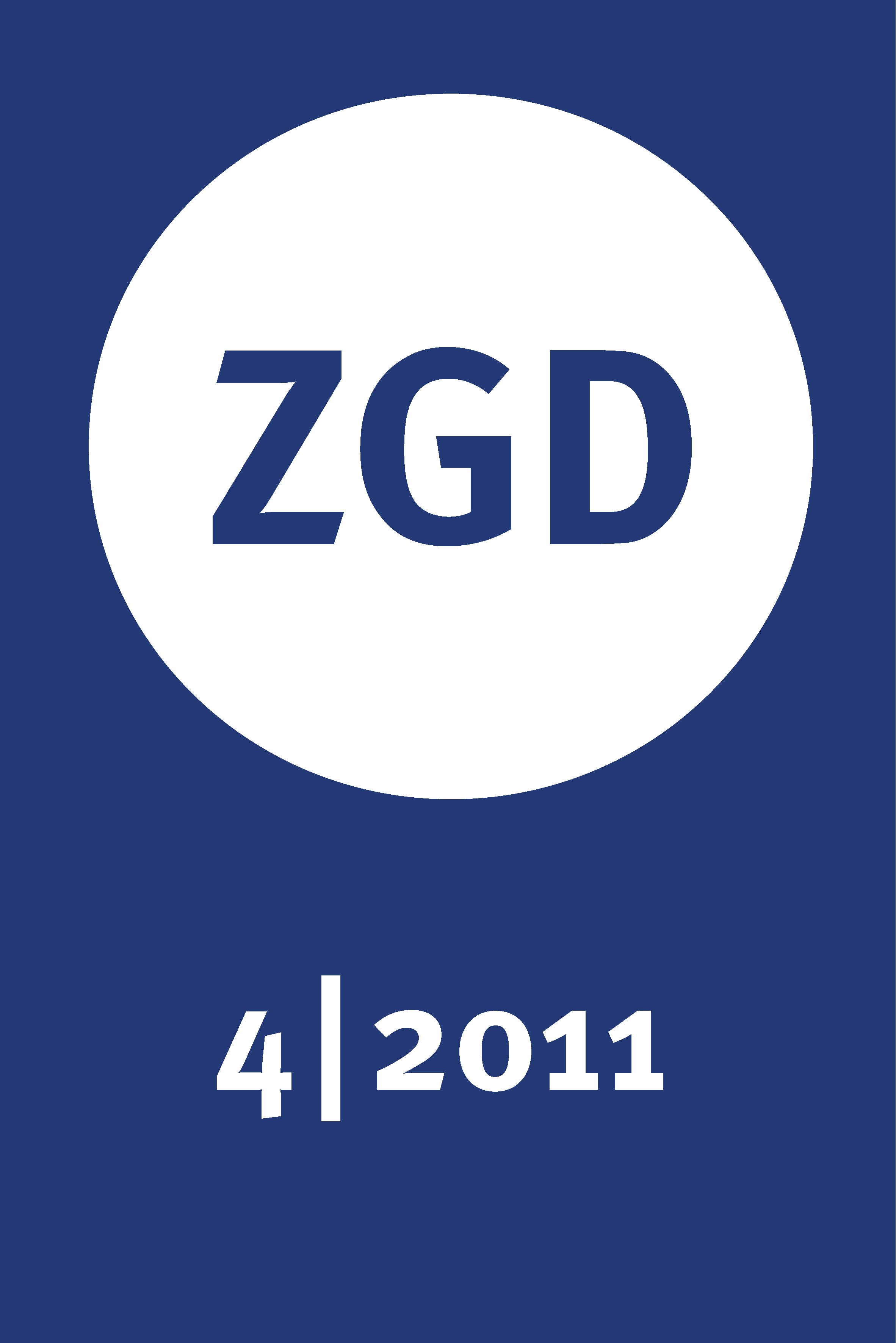Erdkunde/Geographie in den Lehr- und Bildungsplänen für das Gymnasium in Baden-Württemberg 1957-2004: roter Faden oder ständiger Bruch?
Eine Bewertung aus der Sicht von fünf Jahren Erfahrung
DOI:
https://doi.org/10.18452/25274Schlagworte:
Geographic curricula; grammar schools; competencies; curricula 2004Abstract
The organization of the school system and the curricula of different disciplines are part of the German states politics. This paper discusses whether or not the curricula of geography at grammar schools in the county of Baden-Württemberg changed between 1957 and 2004. During this period of nearly 50 years curricula developed in several ways, according to what children should be able to learn and know respectively what teachers had to teach: main contents, social and technical competencies, which partly are related to the subject, interdisciplinary lessons, and the way how restrictedly teachers were guided. This study shows that from 1957 to 1976 teachers became more tightly guided than before. After that period, they were given a greater choice of methods. The curricula always demanded interdisciplinary lessons, and from 1984 on they became more and more part of the geographic curricular. The content of the subject has always been adapted to new developments in science and society, for example the environment movement and environmental education. From 2001 on a change from input-focused curricula to output-focused curricula has been carried out. The 2004 curriculum brought this change to high public attention along with social und technical abilities, although technical abilities have always been part of geographical syllabi.
Downloads
Veröffentlicht
Zitationsvorschlag
Ausgabe
Rubrik
Lizenz
Copyright (c) 2022 Zeitschrift für Geographiedidaktik - ZGD

Dieses Werk steht unter der Lizenz Creative Commons Namensnennung - Nicht-kommerziell - Keine Bearbeitungen 4.0 International.







